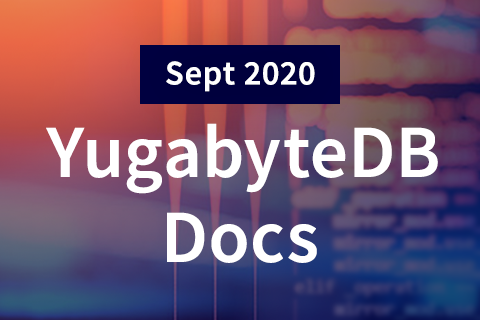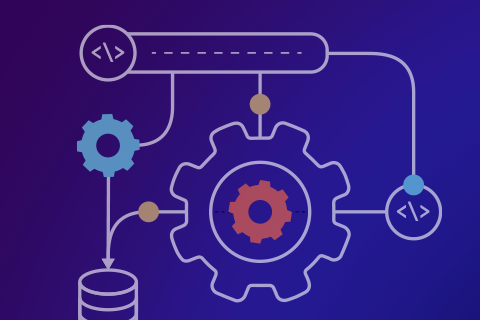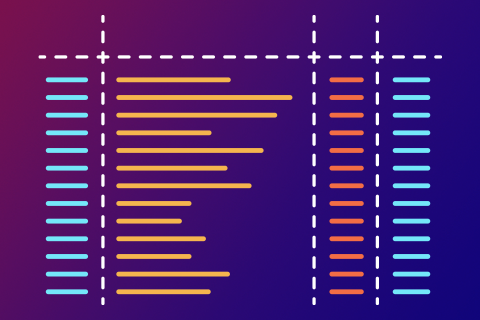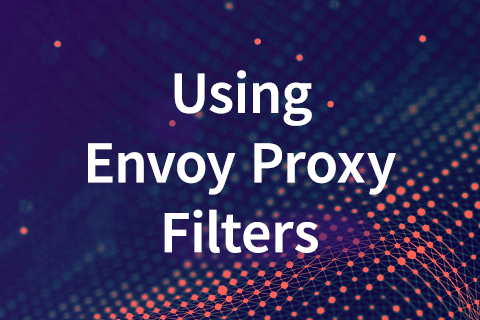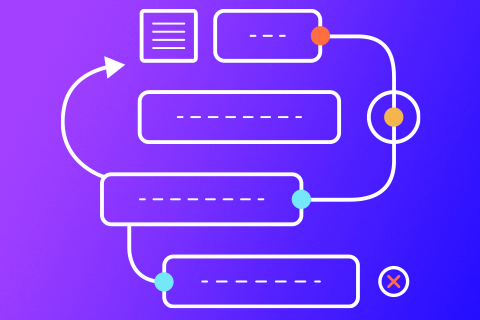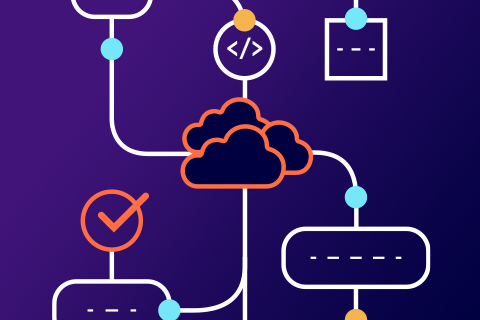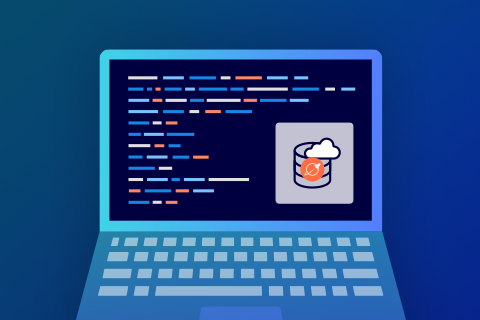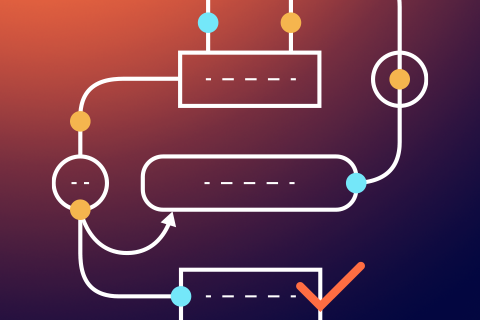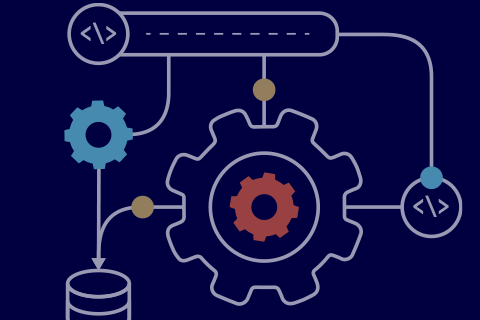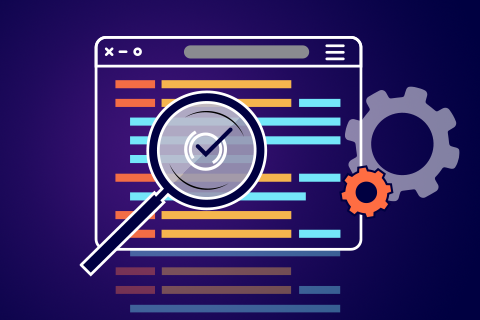What’s New and Improved in YugabyteDB Docs – September 2020
Welcome to this month’s edition of what’s new and improved in YugabyteDB Docs. We’re continually adding to and updating the documentation to give you the information you need to make the most out of YugabyteDB. This post covers recent content added, and changes made, to the YugabyteDB documentation since the last posting.
YSQL
What is YSQL? Yugabyte Structured Query Language (YSQL) is a fully-relational, PostgreSQL-compatible API.
…
